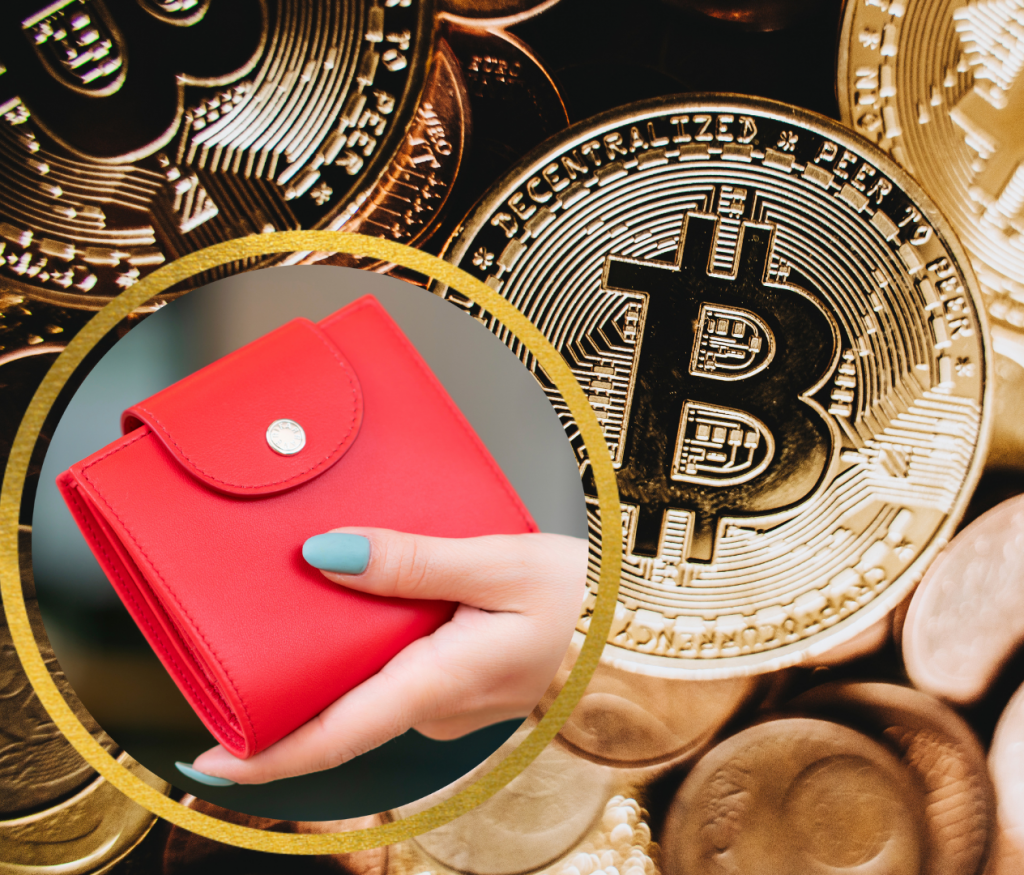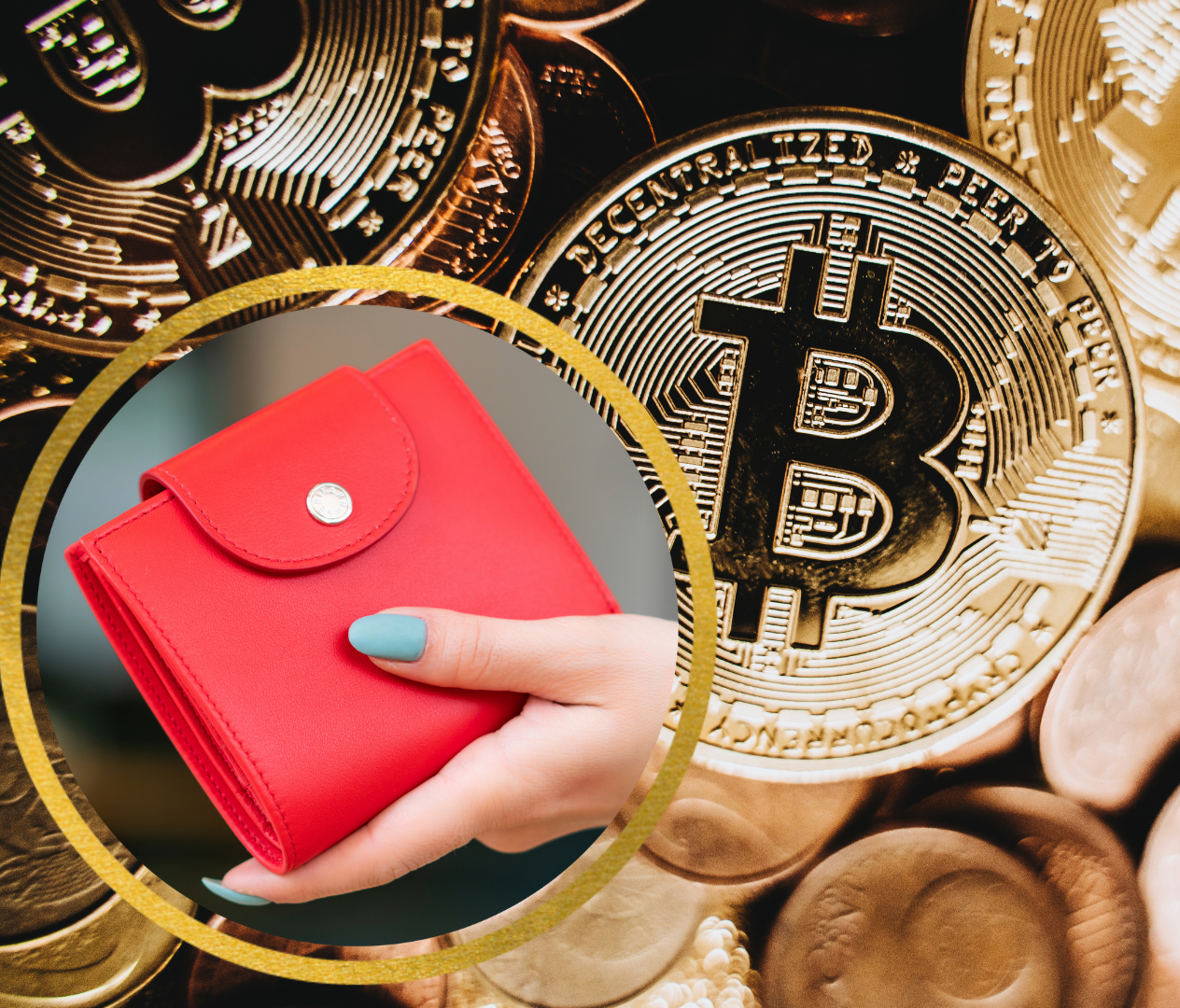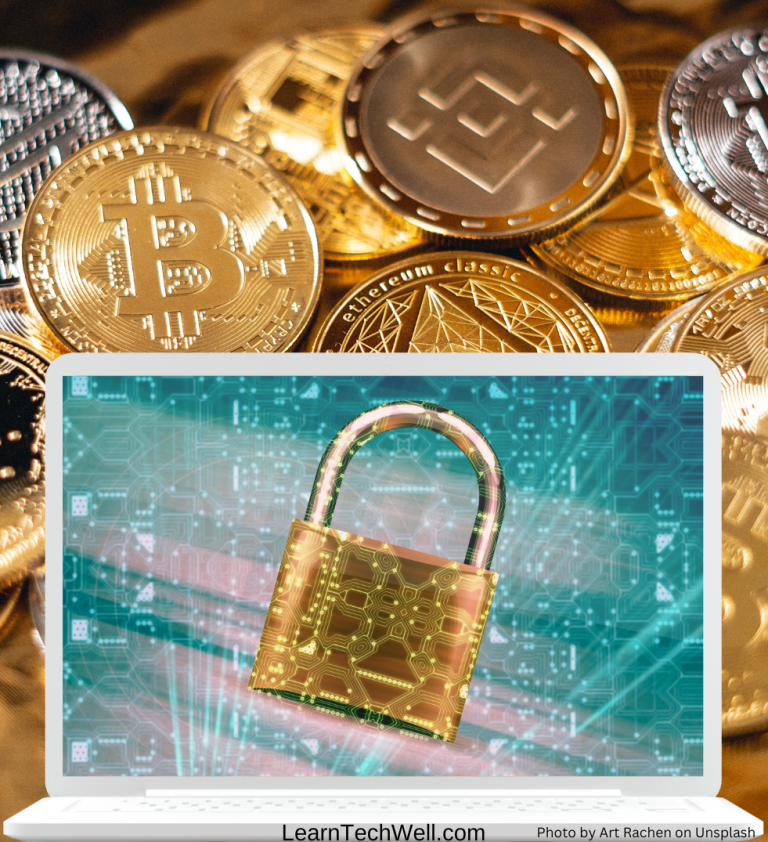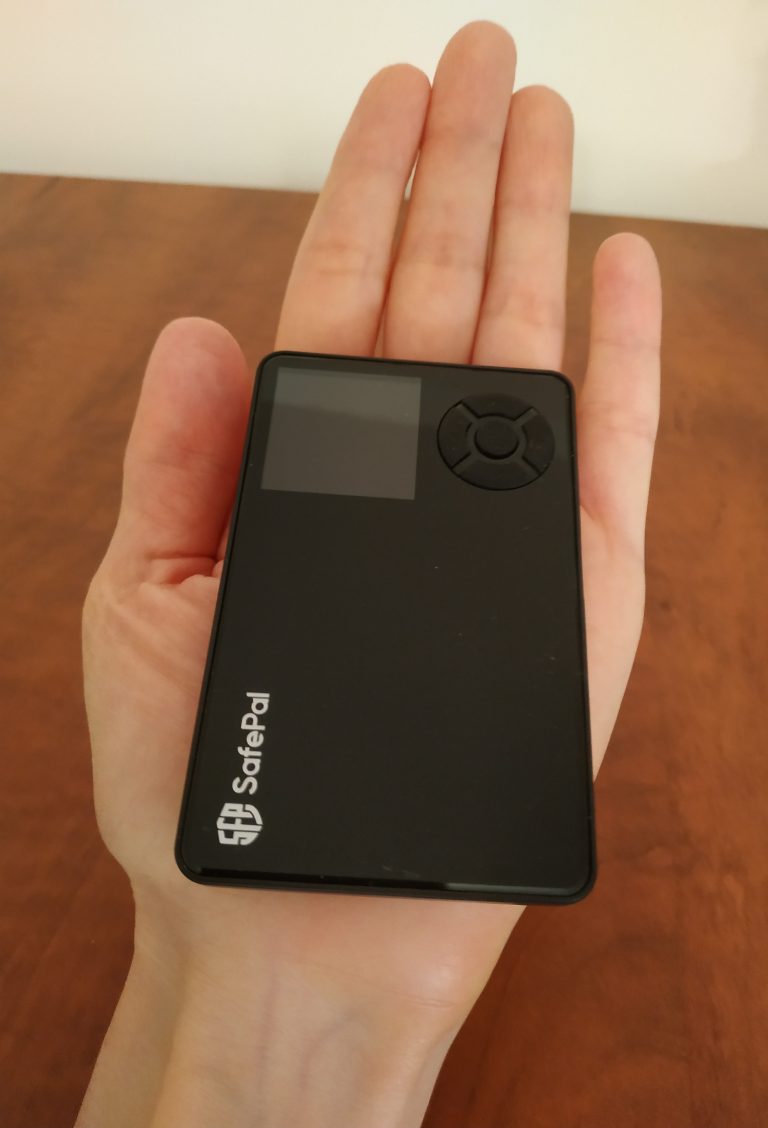Что такое холодный кошелек и как он сохраняет криптовалюту в безопасности (или когда не сохраняет)
Move all your crypto to a cold wallet and sleep well, some say. Well, is that all there is to it? Cold wallets do not protect you against losing passwords. Neither do they protect you from fraudulent transactions or social engineering attacks. So what is a cold wallet, and can it solve all your cryptocurrency concerns? Let’s examine this and see the best ways to secure your crypto.

What is a Cold Storage Crypto Wallet
Применительно к интернету, cold wallet или cold storage is a physical device that keeps the digital key to your crypto assets safely offline. It is called a cold wallet because it is not connected to the Internet. It can also be called a hardware wallet.
Some of the best-known cold wallet brands are Ledger, Trezor and SafePal.
Cold Wallets vs Hot Wallets: Which is Best for You? Pros and Cons
In a hot wallet, the digital key to your assets is accessible through the Internet. Thus, a hot wallet is easier to hack than a cold wallet. However, in a hot wallet, you can easily transact your assets. A cold wallet, being fully offline, requires you to go through more motions to carry out a transaction.
Let’s compare the features:
- Security: Cold wallets are more secure than hot wallets. They are not likely to get hacked. However, either type of wallet is vulnerable to a social engineering attack or loss of password.
- Ease of use: Cold wallets are more difficult to use. They sacrifice speed for security. In a hot wallet, you can send and receive crypto instantly, but in a cold wallet, you need to connect the device and go through some motions with it.
- Cost: Most hot wallets are free. Cold wallets usually cost between $50 and $150.
Choosing Between a Hot/Cold Wallet and an Exchange
You could keep your crypto funds on an exchange. This makes for very easy transactions. However, ownership of these funds lies with the exchange. Blockchain technology does not allow crypto customers to distinguish their funds from those of a centralized exchange. Thus, you have no choice but to trust the exchange that it will keep your funds reserved for you. If the exchange goes bankrupt, your funds are likely to be lost. In contrast, when you use a hot or cold wallet, the digital keys to your assets belong to you and you are in full control of your assets.
- Security: An exchange is commonly considered the least secure option because it might go bankrupt or get hacked. Despite this, the exchange has some advantages that help safeguard your funds. In contrast to a hot or cold wallet, an exchange could help you regain access to your funds if you forget your password. Sometimes an exchange might even allow you to correct an erroneous transaction, even though blockchain transactions are usually irreversible.
- Ease of use: Exchanges are the easiest to use. But modern hot wallets such as the Trust Wallet are approaching the user experience.
- Cost: Access to exchanges is free. They may also reward users for keeping funds in their accounts. Hot wallets are also free, while cold hardware wallets cost $50 to $150.
Cold Wallets vs Hot Wallets vs Exchanges: An Analogy
Cold wallet: your funds are locked in an offline safe. You keep a physical key to the safe.
Hot wallet: your funds are locked in an online safe with a digital key that is kept encrypted.
An exchange: the exchange owns a pool of money and keeps records that tell how much belongs to each customer.
Which Wallet is Best to Secure Your Crypto
Keep your crypto assets in more than one place. Avoid putting all your eggs in one basket.
A cold wallet is best for long-term cryptocurrency storage. But do not put all of your funds into just one wallet.
The amounts you designate for shorter-term storage and staking might be split between multiple hot wallets and exchanges.
Take into account your risk tolerance and your purposes. Someone who does a lot of trading or does not want to bother with the technicalities of wallets might benefit from using a reliable exchange. Someone who has larger amounts or wants to protect his/her money from getting hacked would be better off with a combination of a cold and a hot wallet. Or rather several cold and hot wallets.
The best way to secure your crypto is to keep under 25 percent of your crypto assets in a single wallet. And keep no more than about 5 to 10 percent of your funds on any single exchange. By doing so, you would not suffer a major loss even if something happened to one of your wallets.
Can Hackers Break into Your Crypto Wallet?
Unfortunately, yes. One can lose crypto even in a cold wallet, even though it is the most secure storage type.
One common way to lose money from a wallet is to authorize a transaction that gets hacked or misused, or that was fraudulent originally.
Also, one could forget or misplace one’s password. Technically, the account is not hacked, but the money is lost, nonetheless.
Hackers have been known to exploit backups to hack a hot wallet.
To avoid losing your funds, use a checklist on how to keep your crypto safe.
What Happens if You Lose Your Cold Wallet
What’s critical is that you do not lose your seed phrase. You can always recover your assets using this phrase.
Unlike an old-fashioned wallet, your assets are not stored inside your crypto wallet. The wallet merely facilitates your transactions. The real key to your assets is encoded as a “seed phrase” which consists of 12, 18, or 24 English words.
If a bad guy got to know your seed phrase, they could get hold of your money even if they do not have your crypto wallet device. If you lost your device but retained the seed phrase, you could recover your assets on any device where you enter your seed phrase.
Whenever you buy or sell crypto, you need to provide your unique digital key to validate transactions. If the digital key used for this purpose is stored on the Internet, this would be a “hot wallet”. The chief advantage of a cold wallet is that it stores your seed phrase off the Internet. This permits you to validate transactions without exposing your seed phrase to view, making the process more secure.
Is it Safe to Stake in a Cold or a Hot Wallet?
Staking is the action of parking one’s crypto assets on the blockchain and receiving a reward for this. Staking is supported on most modern blockchains other than Bitcoin. While the staking rewards are attractive, they also carry some risks.
When you stake your funds, you permit external access to them. As a result, your wallet no longer fully protects your funds. Their safety depends not only on the wallet, but also on the smart contract (a piece of software) used for the staking.
The well-known blockchains have fairly secure smart contracts. Even these might get hacked, but this does not happen often.
The risk is much greater when using the lesser known dApps (decentralized apps) or websites. Someone may connect their cold wallet to a dApp and sign a transaction that promises a reward. Yet in fact, this transaction authorizes someone else to spend all the user’s funds stored on the blockchain where that transaction was authorized. If you sign a fraudulent transaction, a third party can steal money from your wallet. This does not mean the wallet itself is not secure. More likely, this means the user fell prey to a social engineering attack.
The nature of cryptocurrencies is such that a transaction, once authorized, cannot be undone. This is not like a traditional bank where one could cancel or dispute an erroneous credit card payment. In the crypto world, a transaction is not revertible once signed.
Before approving any dApp to access your funds, it’s wise to look up their website or contact their team. By doing so you can see how their smart contract works and if it has been security audited. It’s advisable to stay away from smart contracts that have not had a security audit.
An additional risk is that the entire blockchain may fail, the way this happened with Terra Luna in 2022. Bitcoin seems unlikely to fail, but the other blockchains might. Therefore, never invest all your funds in just one cryptocurrency unless it is Bitcoin.
For a comprehensive guide on how to avoid losing crypto in a cold wallet, please see the How to Keep Your Cryptocurrency Safe Checklist.
About the author:
I have been investing in cryptocurrencies since early 2022. I studied the subject and took half a dozen courses on being a crypto investor and a crypto programmer. I am sharing my experience in the hopes that it helps you улучшить ваше понимание and win on your crypto journey.
Please share your experience in the comments: Did you find answers to your questions? Did this guide help you in any way?


